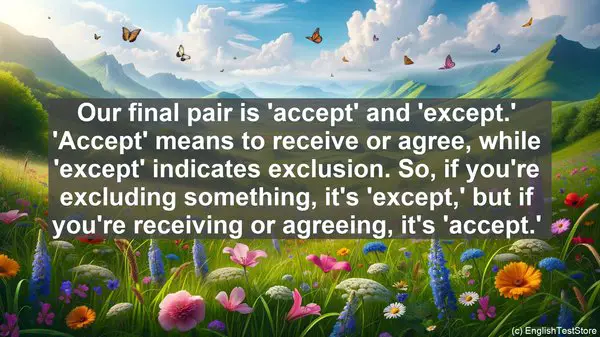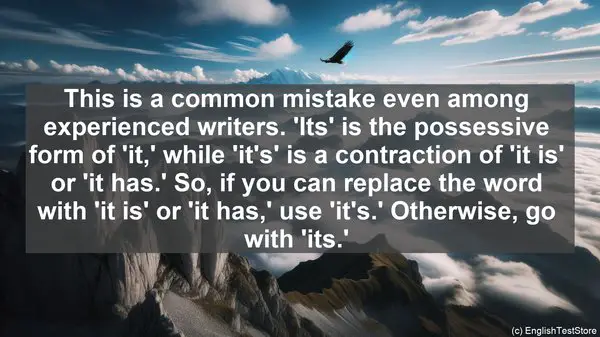Introduction to Functional Morphology
Before we dive into the commonly confused words, let’s have a quick overview of functional morphology. It is a branch of linguistics that studies the relationship between the form and function of words. Understanding the nuances of words is crucial in this field.
1. Complement vs. Compliment
These two words might sound similar, but they have entirely different meanings. ‘Complement’ refers to something that completes or enhances, while ‘compliment’ is an expression of praise or admiration. So, be cautious while using them in your writing.
2. Affect vs. Effect
This is a classic confusion. ‘Affect’ is usually a verb, meaning to influence or change, whereas ‘effect’ is mostly a noun, representing the result or consequence. Remember, ‘affect’ is the action, and ‘effect’ is the end result.

3. Principle vs. Principal
These words are often interchanged, but they have distinct meanings. ‘Principle’ refers to a fundamental truth or belief, while ‘principal’ can mean the head of a school or the main amount of money. So, context matters here.
4. Stationary vs. Stationery
The only difference between these words is an ‘e.’ ‘Stationary’ means not moving or fixed, while ‘stationery’ refers to writing materials. Remember, the ‘e’ in ‘stationery’ stands for envelope, which is often associated with writing.
5. Capital vs. Capitol
These words are often confused, especially in political contexts. ‘Capital’ can refer to a city or wealth, while ‘capitol’ specifically denotes a building where legislative activities take place. So, when discussing government matters, remember the ‘o’ in ‘capitol.’
6. Farther vs. Further
Both these words indicate distance, but there’s a subtle difference. ‘Farther’ is used for physical distance, while ‘further’ is more about metaphorical or figurative distance. For example, ‘I can throw the ball farther’ vs. ‘Let’s discuss this further.’
7. Its vs. It’s
This is a common mistake even among experienced writers. ‘Its’ is the possessive form of ‘it,’ while ‘it’s’ is a contraction of ‘it is’ or ‘it has.’ So, if you can replace the word with ‘it is’ or ‘it has,’ use ‘it’s.’ Otherwise, go with ‘its.’
8. Then vs. Than
These words might sound similar, but their usage is different. ‘Then’ is about time or sequence, while ‘than’ is used for comparison. For example, ‘I will finish my work, and then we can go’ vs. ‘She is taller than me.’

9. Complementary vs. Complimentary
Another pair that often causes confusion. ‘Complementary’ means completing or enhancing, while ‘complimentary’ is about giving praise or something for free. So, when you appreciate someone, it’s ‘complimentary,’ not ‘complementary.’
10. Accept vs. Except
Our final pair is ‘accept’ and ‘except.’ ‘Accept’ means to receive or agree, while ‘except’ indicates exclusion. So, if you’re excluding something, it’s ‘except,’ but if you’re receiving or agreeing, it’s ‘accept.’
